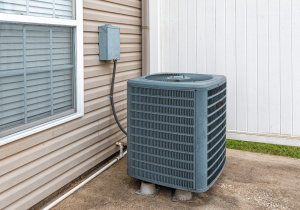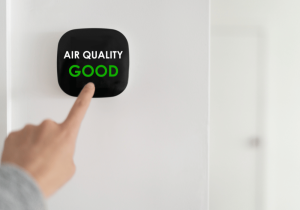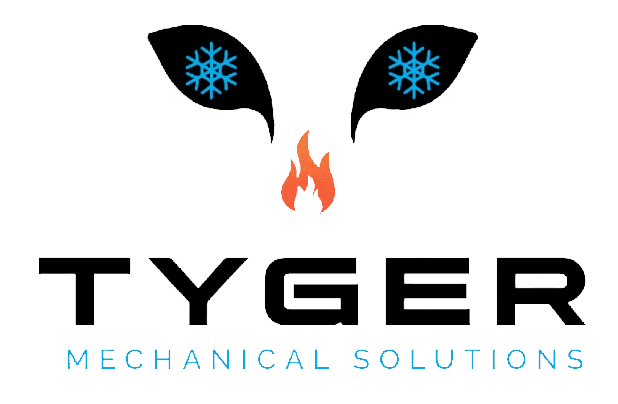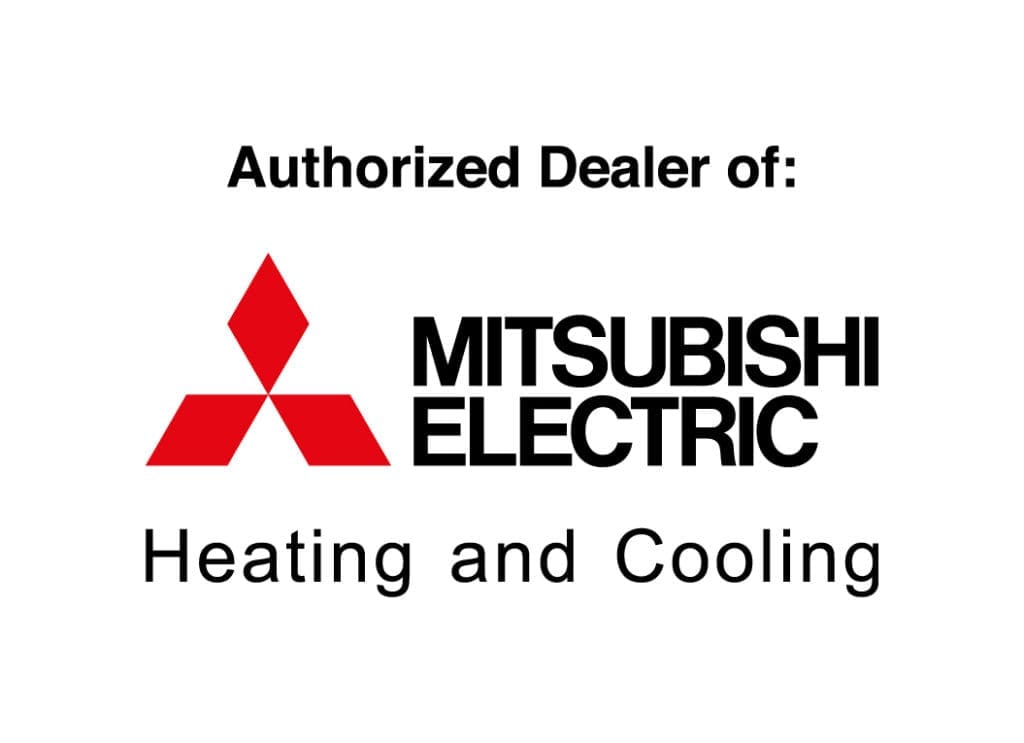In today’s fast-paced world, many of us spend more time indoors than out. With this shift, the quality of the air we breathe at home becomes increasingly important. Poor indoor air quality (IAQ) can affect our health and well-being in ways we might not immediately realize. Enter HVAC systems, the unsung heroes responsible for regulating temperature, humidity, and, crucially, the air we breathe. This blog post will guide homeowners on how to improve their indoor air quality through strategic HVAC upgrades.
 Understanding Indoor Air Quality
Understanding Indoor Air Quality
The air within your home is influenced by various factors, including pollutants like dust, pollen, mold spores, and household chemicals. Humidity levels also play a crucial role; too much moisture can lead to mold growth, while too little can cause dry skin and respiratory irritation. These elements contribute to the overall IAQ, which can have significant health implications.
Poor IAQ is linked to a range of health issues, from minor irritations like headaches and fatigue to more serious conditions such as asthma and allergies. Understanding the components that affect IAQ is the first step in creating a healthier home environment.
Maintaining a healthy IAQ is essential for reducing these health risks. By addressing key factors, you can ensure that the air you breathe indoors is as clean and fresh as possible.
HVAC System Basics
The HVAC system in your home is designed to maintain comfort by regulating temperature, ventilation, and air quality. It consists of heating, ventilation, and air conditioning components, each playing a vital role in sustaining a balanced indoor environment.
There are several types of HVAC systems typically used in homes. Central air systems distribute conditioned air throughout the home via ductwork. In contrast, ductless systems provide flexibility by allowing for different temperature zones within the home. Heat pumps, another popular choice, offer both heating and cooling capabilities.
Understanding the basic functioning of your HVAC system helps you appreciate its impact on IAQ. By ensuring each component is working optimally, you can enhance the overall air quality in your home.
Signs Your HVAC System is Impacting IAQ
Your HVAC system can be both a guardian and a disruptor of your home’s air quality. Common indicators that your HVAC system might be influencing IAQ negatively include persistent dust accumulation, uneven temperatures, strange odours, and increased energy bills.
Regular maintenance of your HVAC system is crucial for identifying and rectifying these issues. Without proper care, HVAC systems can become breeding grounds for mold and bacteria, further degrading IAQ.
Keeping an eye out for these signs ensures that your HVAC system supports, rather than hinders, the quality of the air in your home.
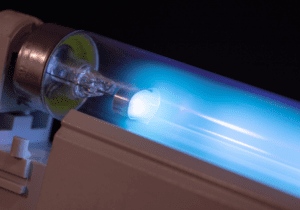 Upgrades for Improved IAQ
Upgrades for Improved IAQ
Several upgrades can significantly enhance the IAQ in your home. Upgrading to high-efficiency air filters is a straightforward way to trap more pollutants and allergens. UV lights installed within the HVAC system can kill bacteria and mold spores, preventing them from circulating in your home.
Dehumidifiers can help maintain optimal moisture levels, deter mold growth and improve comfort. Each of these upgrades contributes not only to better air quality but also to a healthier living environment.
Investing in these upgrades can result in noticeable improvements in both IAQ and overall well-being. By removing more pollutants and controlling humidity, you’re taking proactive steps to ensure the air in your home is clean and safe.
Energy Efficiency and Cost Considerations
While improving IAQ is a priority, it’s also essential to consider energy efficiency and cost. Energy-efficient HVAC upgrades can reduce utility bills and lessen your environmental impact. Look for energy-efficient models and technologies that balance performance with conservation.
Though some upgrades may require an initial investment, the long-term savings can be substantial. Efficient systems often use less energy, resulting in lower bills and a smaller carbon footprint.
Balancing IAQ improvements with energy efficiency ensures that your home remains both comfortable and affordable. Consider the long-term benefits when evaluating potential upgrades.
The importance of indoor air quality cannot be overstated, especially in today’s indoor-centric lifestyles. HVAC systems play a pivotal role in maintaining a clean and healthy home environment. By understanding IAQ factors, recognizing HVAC issues, and considering strategic upgrades, homeowners can take control of their indoor air quality.
For those ready to take the next step, professional assessments and HVAC upgrades can provide tailored solutions to enhance IAQ. Investing in your home’s air quality is an investment in your health and comfort.
Don’t wait to breathe easier—explore IAQ improvements and HVAC upgrades today for a healthier tomorrow.


